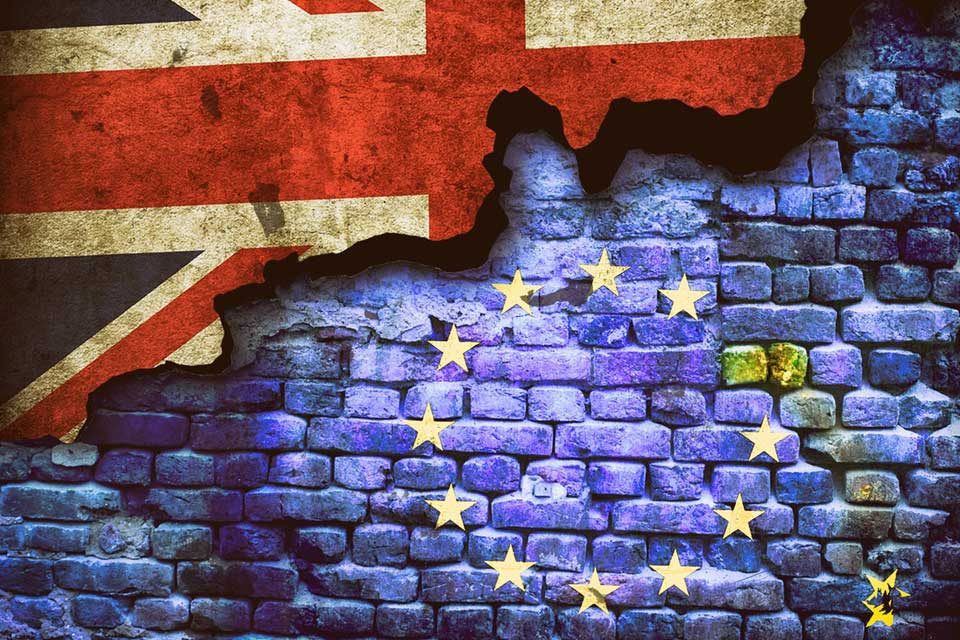FTA urges hauliers to submit for international permits

UK hauliers have been urged to submit applications for international road haulage permits before the closing deadline (this Friday, 18th January) ahead of a possible ‘no deal’ Brexit. The Freight Transport Association (FTA) has advised vehicle operators looking to transport into the EU-27 countries post-Brexit that they should prepare accordingly. An ECMT (European Conference of […]
Brexit White Paper receives mixed response from supply chain sector

The White Paper outlining the UK Government’s proposed future relationship between the UK and European Union after Brexit has received a mixed, but mostly positive, response from leading supply chain industry figures. The proposals include a facilitated customs arrangement, removing the need for customs checks between the EU and UK – a measure that, whether […]

